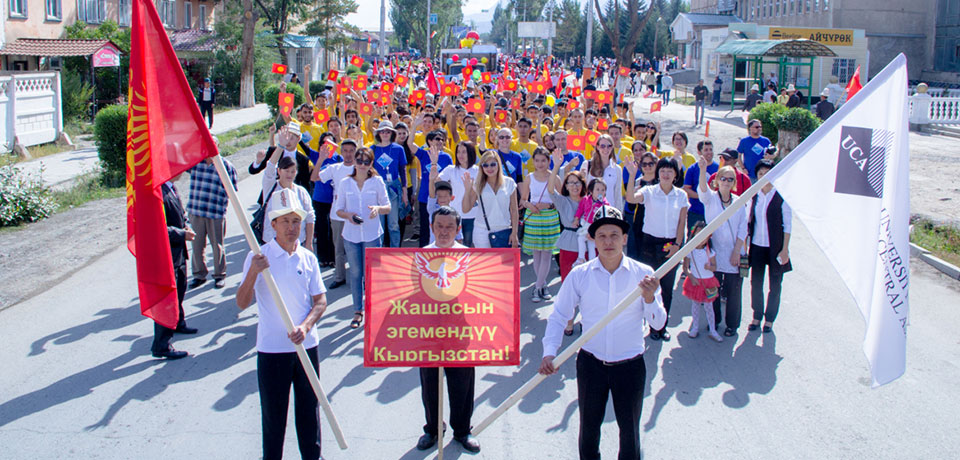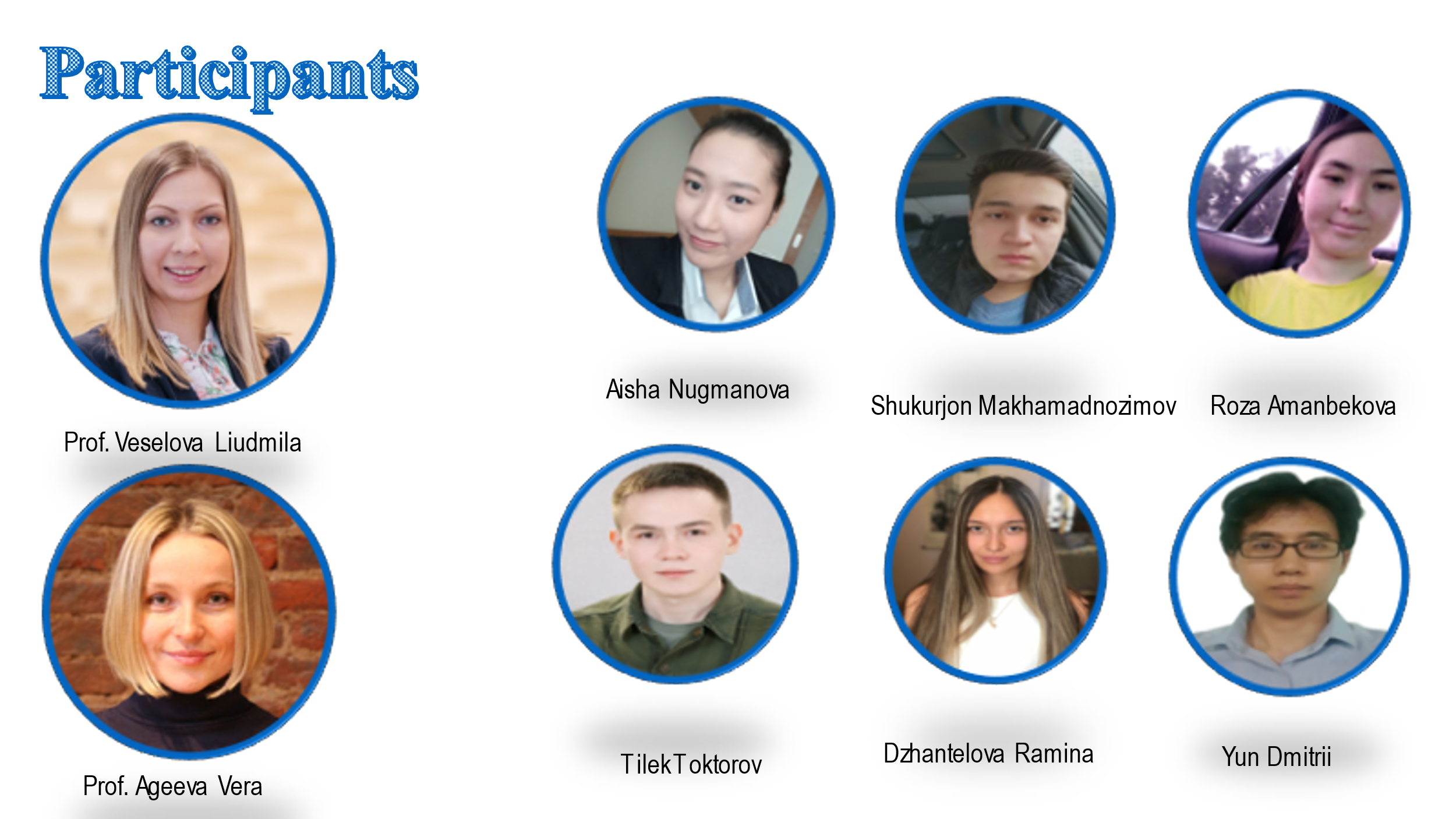Joint International Student Project between the Higher School of Economics and the University of Central Asia (UCA)
The international student project – «Russian and Chinese soft power competition in Kazakhstan in Post-Crimean period (2014-2020)», performed by 3 students from the Higher School of Economics and 3 students from the University of Central Asia, finished on June 14, 2021.
Despite that the project was launched in online format, the students got interesting results.

The HSE works actively together with the partner universities, and the project activity is becoming one of the priority areas for the development of educational programs. In the modern world, the ability to work in a team is very important, as well as to apply the acquired knowledge in practice.
The international student project – «Russian and Chinese soft power competition in Kazakhstan in Post-Crimean period (2014-2020)», performed by 3 students from the Higher School of Economics and 3 students from the University of Central Asia, finished on June 14, 2021. Despite that the project was launched in online format, the students got interesting results.
The aim of the project was to analyze the activities of Russia and China in Central Asia after 2014. The situation in Central Asia, that for a long time was considered the sphere of interests of only Russia, has changed dramatically. The region has become a platform for competition between major powers. The “soft power” is used quite effectively in this struggle and has its own country specifics.
The students were divided into 2 groups: one was studying Russia, the other - China. Taking advantage of their knowledge of the languages of the Central Asian countries, students were able to analyze regulations, articles and reports, as well as conduct a content analysis of local media. During the project, the students learned what the “soft power” is, and how its instruments and institutions differ in Russia and China, tried to understand how both countries use education as a “soft power tool”, and also assessed the role of media in promoting Russian and Chinese values.

It is noteworthy that the main difficulty was the impossibility of obtaining a number of data and information, for example, the number of Confucius institutions in certain countries of Central Asia, the number of schools that study the Chinese language etc. In the process of implementing the project, students gained interesting experience that will certainly help them in their further research activities. The results of the project will be presented in the fall of 2021 in the form of a lecture by the project leaders – Prof. Vera D. Ageeva and Prof. Liudmila S. Veselova.

